
Tablet growth forecast slows as markets mature
Market intelligence specialist IDC has released the latest results from its quarterly tablet tracker. It predicts that the sales growth of tablets (including 2-in-1 devices) will be 19.4 percent in 2014, down from 51.6 percent last year.
There are a number of reasons for this predicted reduction, partly the number of new releases has slowed, and in mature markets the sales pattern will switch to replacement of older devices rather than first time buys.

Time for honesty -- Samsung seems to have stopped fiddling with benchmark figures
Benchmarks are important. With so much choice in the world of computers, smartphones and tablets, a key factor for potential buyers to bear in mind is raw performance. A few months back benchmarking stalwarts Futuremark took the unusual step of delisting a number of handsets produced by HTC and Samsung after tests appeared to show that the phone artificially boosted performance when they detected benchmarking software was running. Now it looks as though this apparent cheating has come to an end.
Back in October, results published on Anantech showed how a number of popular phones seemed to be cheating the system, giving consumers a false representation of real-world handset performance. Now, according to new tests carried out by Ars Technica it would appear that handsets are behaving in a far more reasonable fashion after being updated to KitKat.

Jelly Bean, KitKat continue their rise in Android distribution
Google's Android distribution charts give us a fresh look at adoption trends with each monthly update. In early-March, we see Jelly Bean and KitKat continuing their rise in popularity, while older iterations of the popular open source operating system are on their descending path.
Based on the number of devices accessing the Play store in the seven days ending March 3, KitKat is running on 2.5 percent of monitored Android handsets. Its distribution share is 38.88 percent higher compared to the previous month, when it accounted for 1.8 percent. KitKat will see a stronger uptake once smartphones like the new Samsung Galaxy S4 are released, and vendors upgrade their existing devices to the latest Android iteration.

Where have all the fanboys gone? Is brand loyalty dead and buried?
This is a personal account of the way I have noticed the technology markets changing over the years. It is not gospel, and you are welcome (encouraged, if you like) to disagree… It's not all that long ago that brand loyalty was a given; it was almost the default setting for many people. If you got into computing -- and it was something you "got into" rather than just having as part of your life -- you stuck loyally to whatever brand you chose at the start. We could go back to the 70s and look at the birth of personal computing, but as this is my personal account, we'll have to start in the 80s.
I did just manage to sneak into the 70s -- being born in 1979 puts me in the difficult-to-comprehend position of being 34 years old but having seen five decades -- but an interest in computing didn't emerge until some time in the late 80s. I remember there being several computing camps: BBC, Amstrad, Spectrum, Vic and Commodore to name a few. My decision was made for me at an early age when my dad decided to invest in a Commodore 16 Plus 4 (the Plus 4 referring to the fact that the OS featured four built-in applications including a spreadsheet tool, the absurd simplicity of which was not lost on me even at a young age).

Zombies, Run! Season 3 out next month
I went for a 5k run before starting work this morning, and as always Zombies, Run! provided me with the motivation required to not come to a stop, bored, after ten minutes. I’ve covered the immersive app several times in the past, but if you’re not familiar with it, Zombies, Run! basically turns a real-world jog into a journey through the zombie apocalypse. Episodic stories unfold in between tracks from your playlist as you run.
There are plenty of episodes on offer for regular runners, and a radio mode will give you something to listen to once you’ve finished with the main story and side quests. However, sooner or later you’ll have listened to everything and be ready for new tales, and the good news is they’re on their way.

Yahoo and BlackBerry worm further into your life with mobile ads
There are few people who like ads. Sure, they can be works of art -- certainly there are some advertisements that are infinitely better than a lot of the dirge pumped out by television networks -- but while advertisements on television can be fairly easily avoided (thank you TiVo -- other PVRs are available!) it is a different matter on a computer or mobile device. "Opting" to watch a mindblowing ad for Apple, Guinness or Honda is one thing, but to have unavoidable -- and usually crappy -- advertisements forced upon you whilst browsing the web or using an application is an entirely different matter.
There are groups of people who are happy to endure these adverts because they fund apps, and make it possible for developers to provide their hard work free of charge -- you may fall into this group and have perhaps been able to configure an automatic ad filter for your eyes. But there are larger legions for whom ads are just plain, damned irritating. In some instances it is possible to pay to avoid them, but this is not always the case. If BlackBerry and Yahoo get their way, advertisements are going to become rather more noticeable.

Tablet vendors should focus more on hybrids
The tablet market is showing strong, continuous growth year-over-year. Research firm Gartner today announces that slate sales in 2013 increased by 68 percent compared to the year before. Android takes the market share crown after more than doubling its sales, iOS came second and Windows follows in third place.
Of the three, iOS was the only platform that did not post tremendous year-over-year growth. Android increased its sales, and lead over Apple's iPads, to 120.96 million units in 2013, up from the 53.34 million units sold in 2012. Meanwhile, Windows grew to 4 million units, which is, again, considerably higher than in the previous year when sales topped 1.16 million units. In contrast, iPad sales came in at 70.4 million units, marginally more than the 61.45 million units sold in the year before.

The most popular stories on BetaNews this past week February 23 -- March 1
Webcam porn! Spying! Cell phones! Bitcoin controversy! Just another normal week in the world of tech news! Bitcoin exchange Mt Gox disappeared offline amid concern about missing millions and then filed for bankruptcy. After panic spread through Mac users following the discovery of a serious SSL bug in Mavericks, Apple released an update that plugged the hole -- but it was also discovered that iOS 7 has a keylogging vulnerability. Microsoft released Service Pack 1 for Office 2013, but anyone using Office 365 will need to force the installation of newer updates in order to reap the benefits.
Security updates are all well and good for operating systems and applications, but it will do little to protect you against the wandering eyes of government agencies. As if everything we have already learned about the activities of the NSA et al, this week's revelations about what the UK's GCHQ has been getting up to is sure to raise ire. Not content with logging emails and web searches, the UK intelligence agency apparently spent a number of years tapping into the webcam chats of millions of Yahoo users. There may be little good news in this revelation, but it was at least slightly amusing to find that the surveillers were rather taken aback by the amount of pornographic content they encountered. It makes ya proud!

Top 10 Android battery-sucking vampire apps -- get your garlic and holy water
As smartphones and tablets evolve, they get faster and gain more features. However, there is one place where they are still lagging -- battery life. Many devices still require daily charging. Not only is this annoying, it is dangerous too. After all, you cannot call 911 from a dead phone.
While some newer devices such as the Droid Maxx and iPad Air are class-leading in battery longevity, people still want more. A good way to increase battery life is to avoid using apps that suck your battery like vampires. Today, KS Mobile announces its list of the top 10 Android vampire apps.

AndrOpen Office extends touch support
AndrOpen Office -- "the world’s first port of OpenOffice for Android" -- has been updated to version 1.43 with the addition of some very welcome touch-friendliness.
New support for scrolling with a swipe means navigation is much easier. This build also supports zooming in and out by pinching.
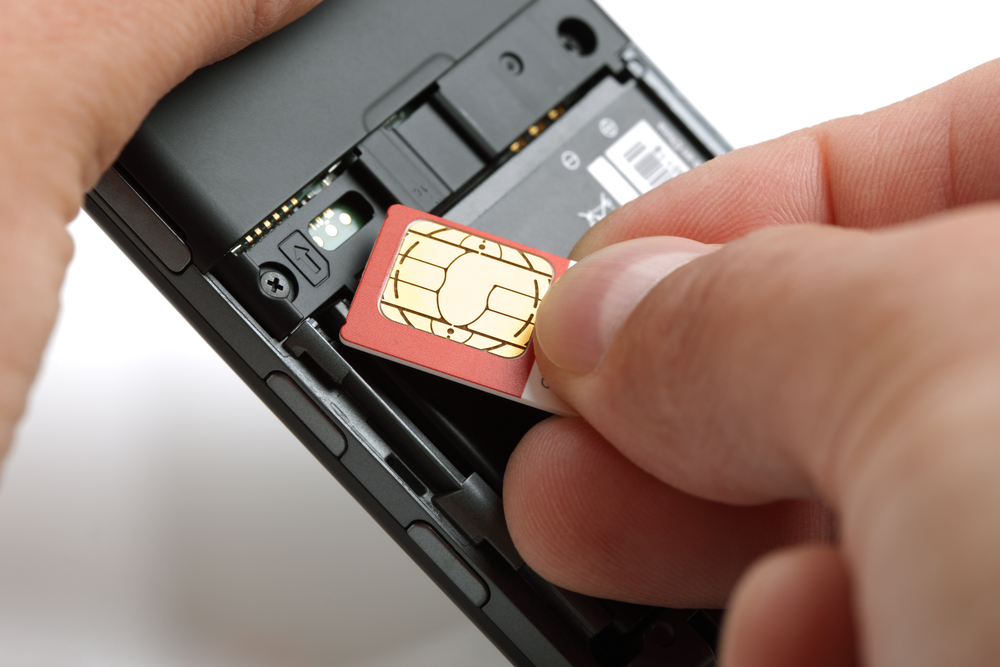
US House of Representatives approves bill legalizing phone unlocking
Do you rue the day you signed up with your phone provider? Maybe you've found a better offer elsewhere and want to take your cell phone to another company. Now, if you're in the US, you are able to -- legally -- unlock your mobile and take it to whatever network you like. The bill was approved yesterday, having been brought about by a massive petition that gathered over 100,000 signatures. A 2012 ruling made unlocking illegal by closing a DMCA exemption loophole that had been permitted in 2006 and 2010.
In other parts of the world it is common practice to unlock phones and move them between providers, so it's understandable that US residents felt they were getting a poor deal. Now the bill has been approved, handset owners are able "to legally unlock their cell phones so that they can use it on other cellular networks." But this does not mean there is going to be a free-for-all; unlocking must be carried out "without violating anti-circumvention provisions".
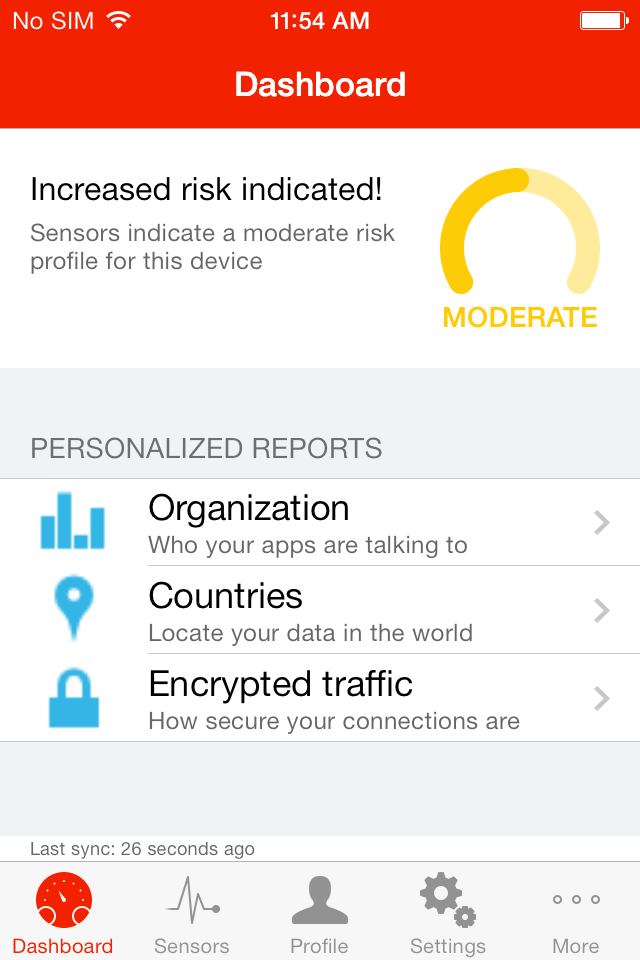
viaProtect app delivers smarter mobile security
The increasing trend towards using mobile devices has opened up users to a whole range of new threats. On mobiles insecure apps present a greater risk than traditional malware and viruses.
Announced at the RSA Conference, viaProtect allows consumers to take control of and protect the personal data on their devices.
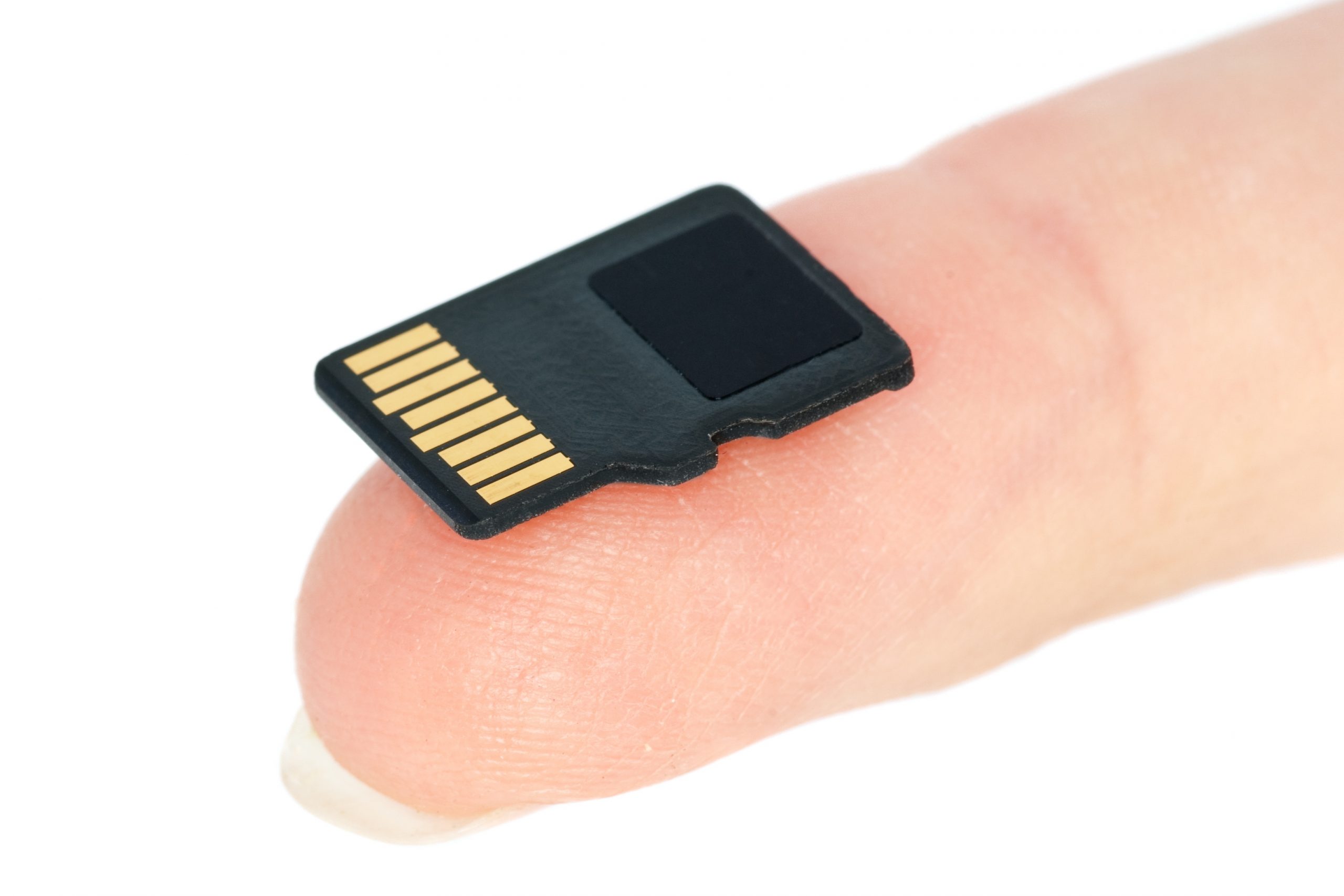
Sandisk announces world's first 128GB microSDXC card
As the cameras on smartphones get better, more and more people are shunning the dedicated variants. You see, it is not practical to carry a camcorder or point-and-shoot camera everywhere you go. After all, you never know when you may want to take a picture or shoot a video -- life doesn't follow a schedule. This is why a smartphone makes a great camera.
The problem is, as megapixels increase and 1080p video becomes standard, storage space fills up very quickly. Many phones still come with a paltry 16 or 32GB of storage, which is not much at all. While some phones offer microSD expansion, the cards have been limited to 64GB for quite some time. Today however, Sandisk announces it has gotten over the hump and delivers the world's first 128GB microSDXC card.
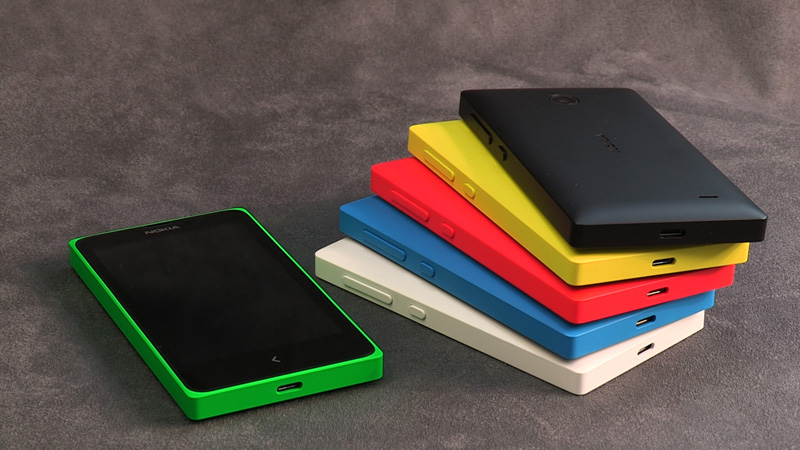
Skype will be part of Nokia Android phones
While Microsoft may not be thrilled with Nokia's new foray into the Android field, the company's exploration of the Google mobile platform proves an interesting test of the market. However, the software giant stoically continues to offer its services to rival operating systems, and Nokia X will not be any different.
On the heels of today's event at Mobile World Congress, in which the Finnish handset maker unveiled new Android phones, Microsoft was quick to announce it would support the offering with Skype.
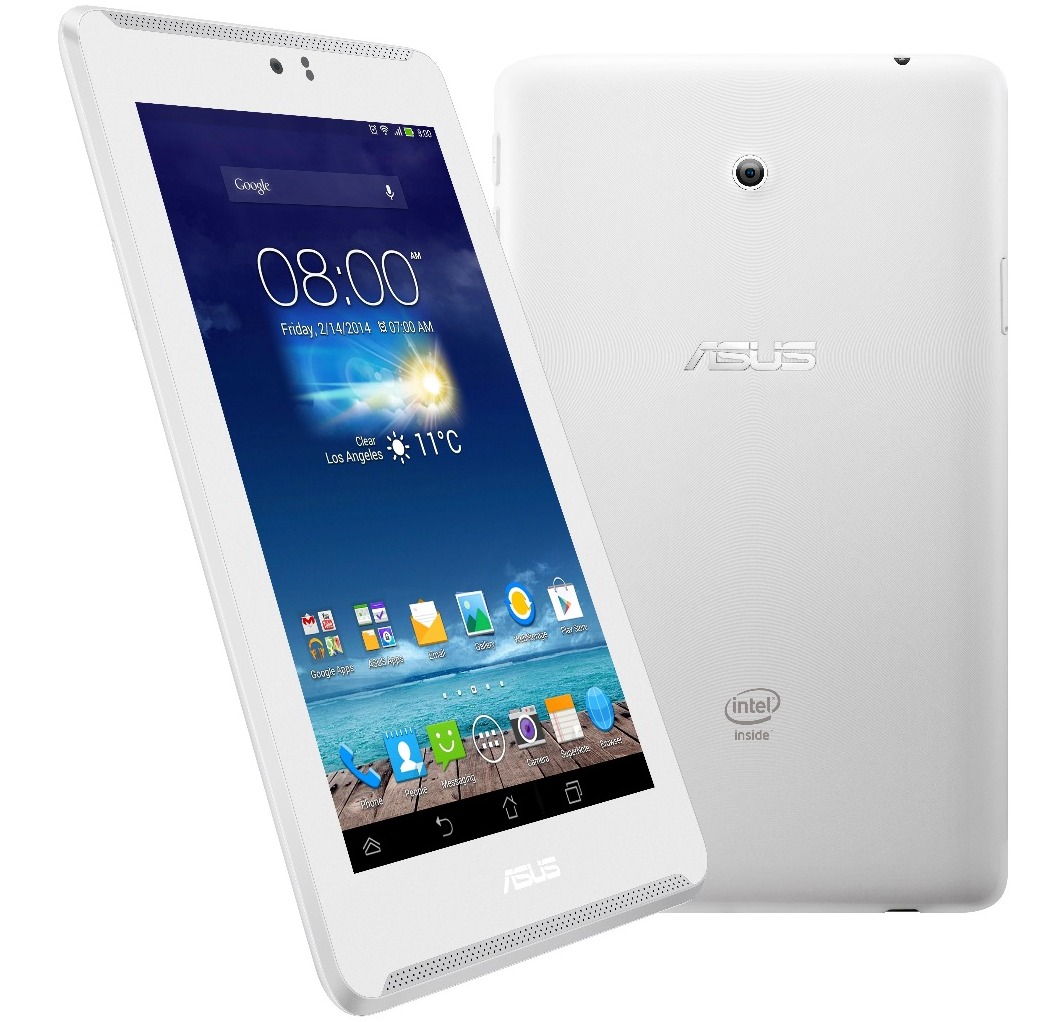
ASUS announces two Fonepad 7 Android tablets, with cellular connectivity on board
Tech companies are taking advantage of the MWC conference, held in Barcelona, to showcase their latest products. So far, we covered the announcements of Nokia's X Android smartphone series, Sony's Xperia Z2 smartphone and slate, and a couple of 64-bit mobile processors, that are aimed at Android devices, from Intel and Qualcomm.
ASUS is also among the many companies present at MWC 2014. Today, the Taiwanese maker announces two new Fonepad 7 tablets, adding to the number of Android devices that were just unveiled at the conference.
